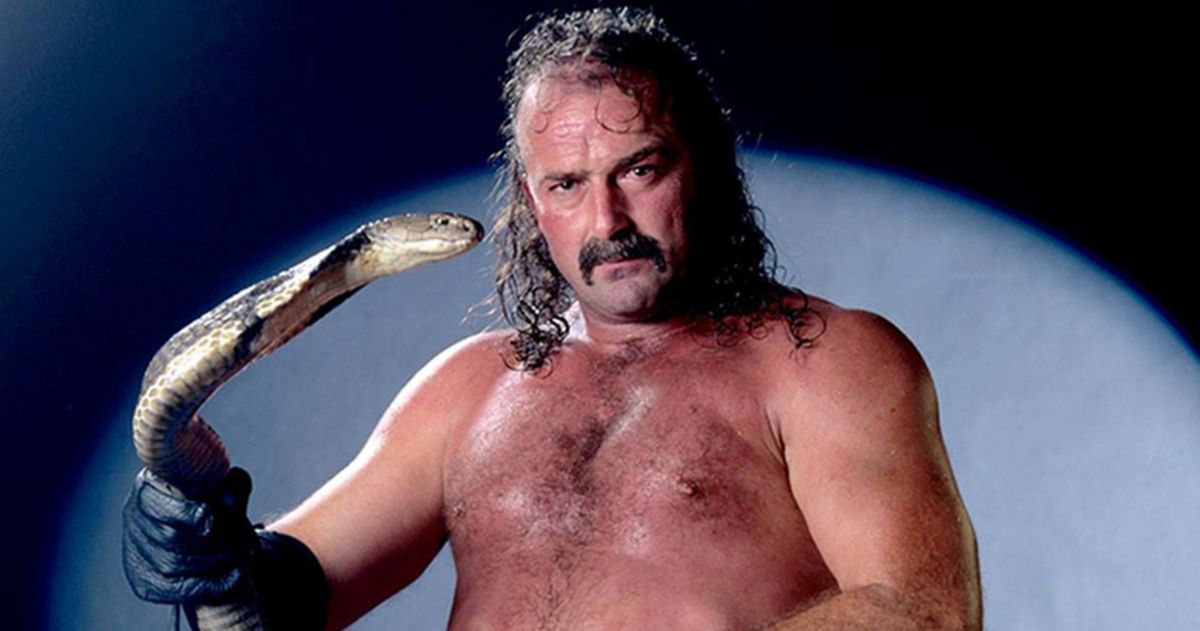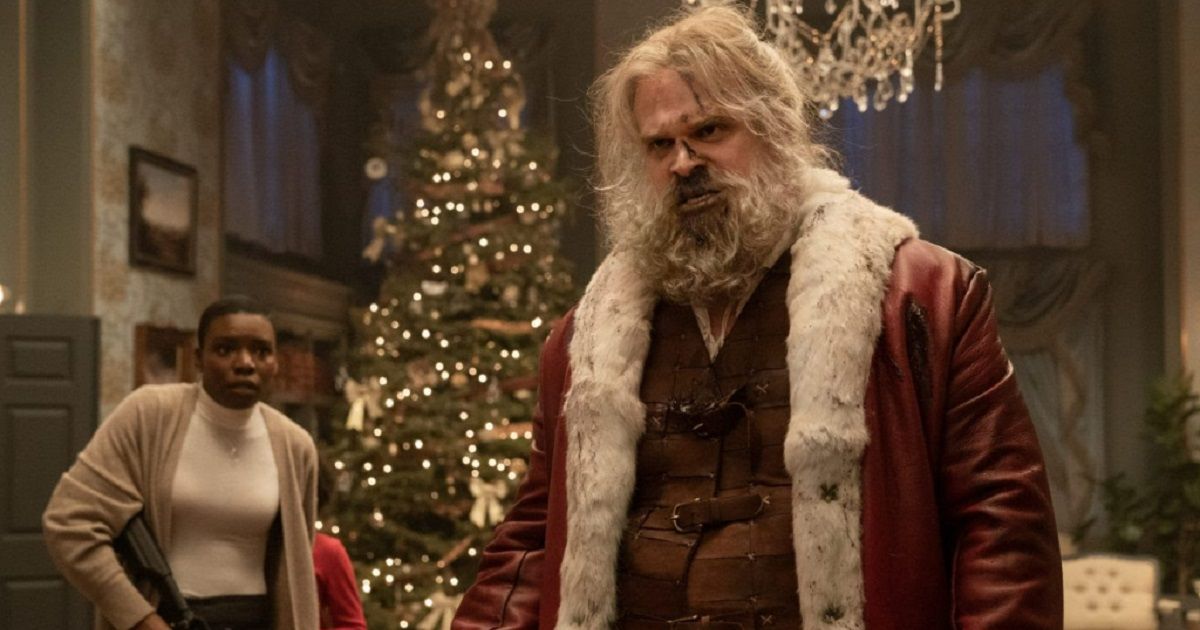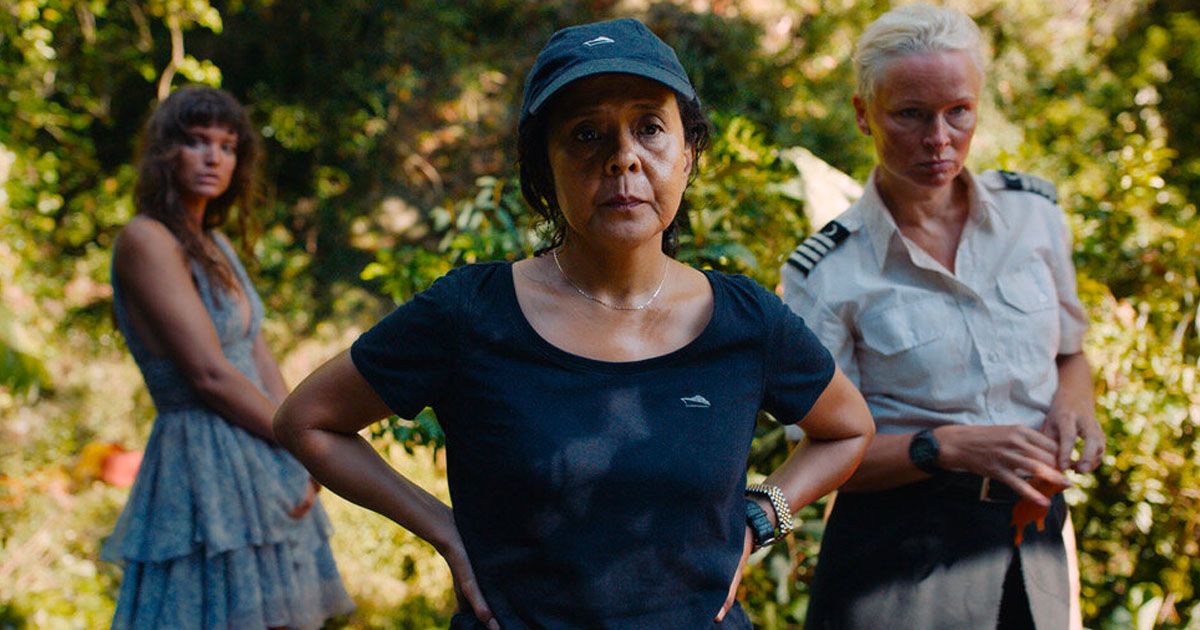What Ruby has feels so balanced and awe-inspiring that it takes a minute to recognize just how exhausting the whole arrangement is for the young girl, even though she makes it look easy with maturity and a sense of responsibility beyond her years. For starters, she is all too aware of everything private about her parents, often including their medical conditions and (to her riotous terror), sex life. When the hearing world becomes cruel or belittling, she steps in, almost with protective instincts, always prioritizing them over herself. But when Ruby joins the school choir and discovers her talent for singing, it throws off her balance and puts her at odds with her family, especially when she decides to apply to Boston’s Berklee College of Music, adopting a rehearsal schedule that often clashes with her duties in the family business. Complicating the matters further is a fellow singer and romantic interest named Miles (Ferdia Walsh-Peelo from “Sing Street”), a shy kid with a genuine admiration for Ruby.
If there’s one misstep here, it’s how far Heder leans into the inspiring teacher trope with Eugenio Derbez’s Bernardo Villalobos, a character that somehow transmits a sitcom-y artificiality in an otherwise earnest movie. Derbez does what he can with a collection of cookie-cutter dialogue lines, but his scenes don’t always land with the same honesty we see elsewhere in “CODA.” Still, this lapse in judgment feels minor in a movie so affecting, so in touch with its old-fashioned crowd-pleaser character. (Had it actually played in a physical version of the Sundance 2021 instead of its virtual edition, this would have been the standing ovation story of the festival.) And plenty of other types of sincerity throughout “CODA” make up for it, from the way Heder portrays Cape Ann and the life around it through lived-in details, to how she honors the joys and anxieties of a working class family with candor and humor, without ever making them or their Deafness the butt of the joke.
Most of all, she makes us see and believe in our bones that the Rossis are a real family with real chemistry, with real bonds and trials of their own, both unique and universal just like any other family. What Ruby’s chosen path unearths is the distinctiveness of those everyday battles. Would her sound-driven talent put a distance between Ruby and the rest of the Rossis? What would the world look like for the quartet if Ruby chose to leave? Through a number of deeply generous (and to this critic, tear-jerking) scenes—but especially a pair that play like each other’s mirror images—Heder spells out the answers openhandedly. During one, all sound vanishes while Ruby sings in front of her nearest and dearest, making us perceive her act from the point of view of the non-hearing. During the other, featuring a well-chosen track that might just melt even the frostiest of hearts, sound doesn’t matter at all. Because Heder ensures that we see the boundless love that’s there, in their shared language.
On Apple TV+ today.
You can view the original article HERE.




























